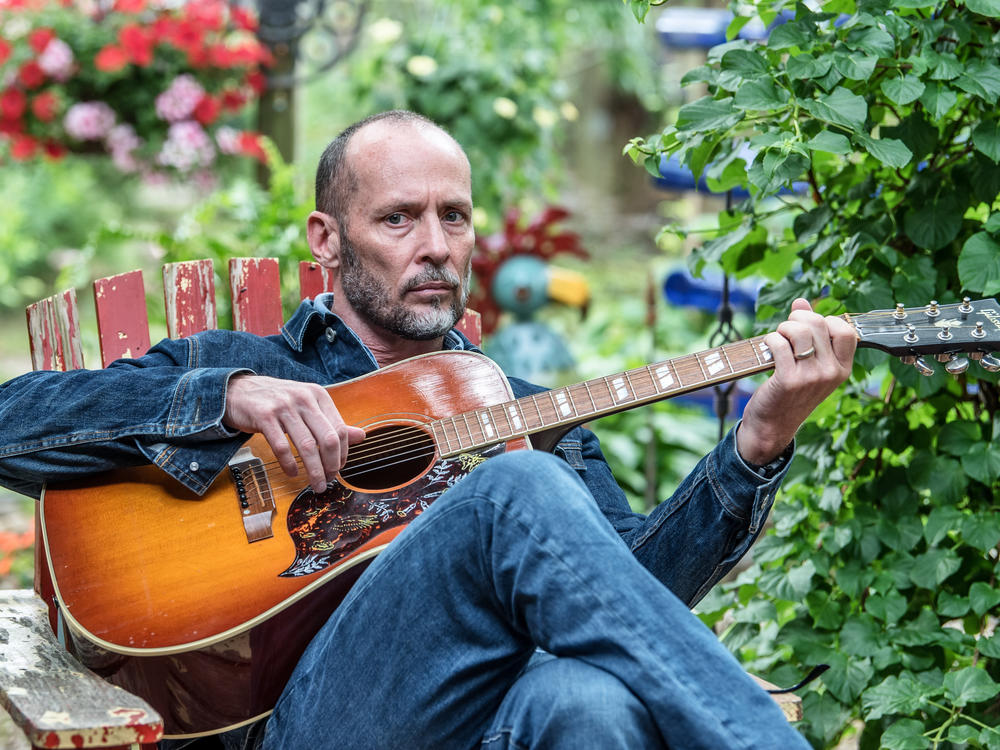Section Branding
Header Content
Paul Thorn Brings A Softer Touch To A Rough Patch On 'Never Too Late To Call'
Primary Content
On his newest album, Never Too Late To Call, we find Southern rocker Paul Thorn reflective. Raised in Tupelo, Miss., Thorn worked as a professional boxer and factory worker before becoming a full-time musician in the late 1990s, releasing multiple studio albums since. But his latest record has been seven years in the making.
Over 11 bluesy songs the singer-songwriter explores a mellower sound than his previous works, as characters from Thorn's life — his wife, daughter, father — prominently glide through the music.
Thorn joined NPR's Debbie Elliott to talk about his deeply personal new record, complicated familial love, redemption and gratitude. Listen in the audio player above, and read on for highlights of the interview.
This interview has been edited for length and clarity.
On finding gratitude in the present moment
"I really have [taken stock of things]. You know, nothing in my life has went perfectly, but it's really been good. And I think everybody can get something out of ["Two Tears Of Joy"] by just learning how to be thankful for what they have.
"One of the things that happened for me was I got COVID, and I was in bed for two solid weeks. ... I had my wife to take care of me, which wasn't an easy task because I had been getting on her nerves just by being hard to live with. But now we're back on track, and I've learned that marriage is about cooperation and patience."
On collaborating with his wife
"Well, as I was writing ["Breaking Up For Good Again"], my wife — I could hear her harmonizing through the walls, and it sounded great.
"We lived this song. ... Any married couple lives this song. And [my wife] was really nervous and apprehensive because she'd never been in a recording studio — not too shabby for somebody who only sang in church."
On the mellow nature of the album
"I'm very proud of the stripped-down sound that it has. ... [The title track], 'Never Too Late To Call,' was inspired by my sister Deborah. A little over a year ago she passed away from cancer, but one of the things that I loved about her was any hour of the night I could call her, and she'd be awake. I would often apologize and say, 'Deborah, I'm sorry I'm calling you so late.' More than once she said, 'Don't worry, it's never too late to call.' [It's] such a comforting thing to have somebody that you can reach out to at any hour. I miss my sister, and I think about her, and this song is for her memory. This song will live forever."
Copyright 2021 NPR. To see more, visit https://www.npr.org.

